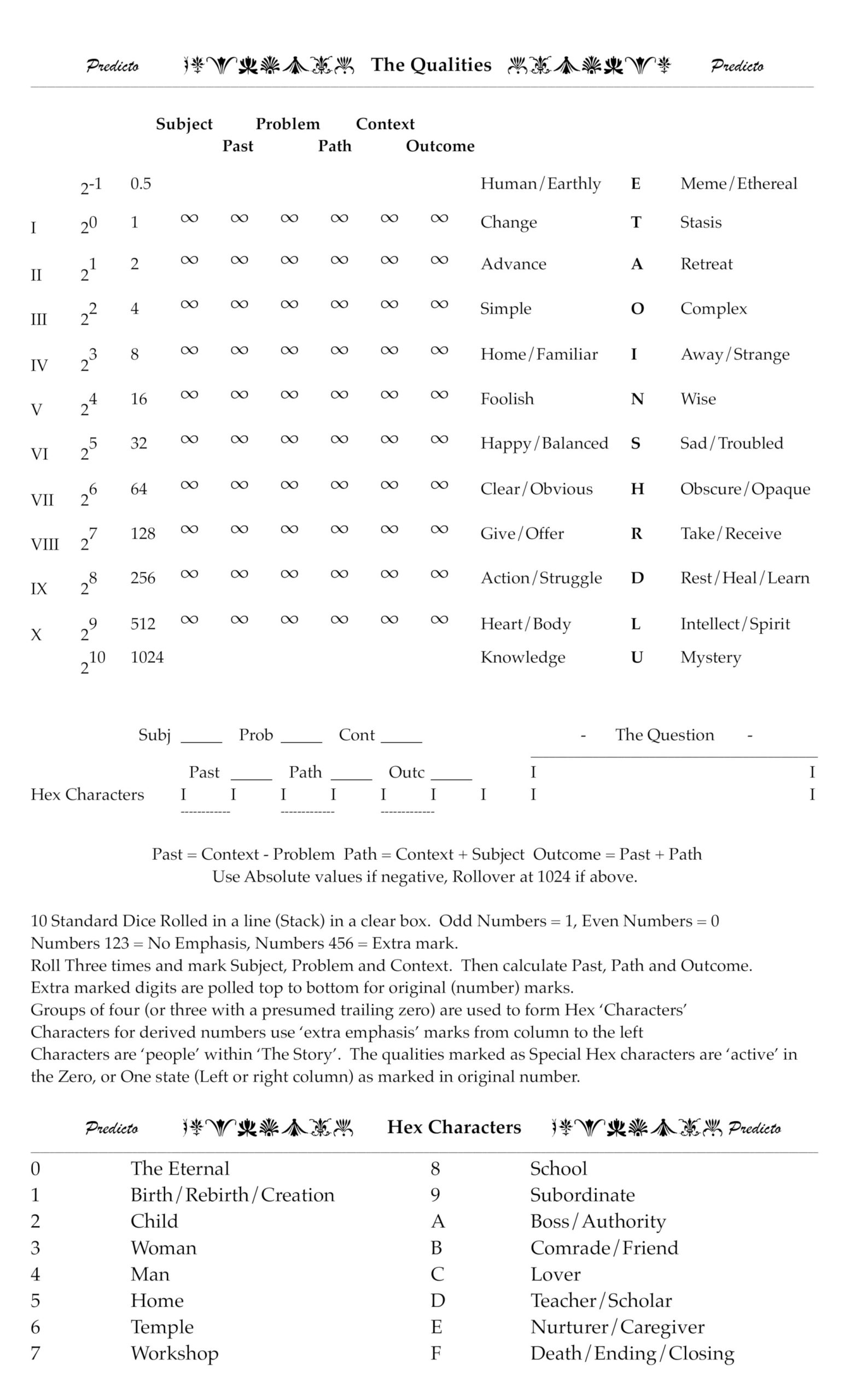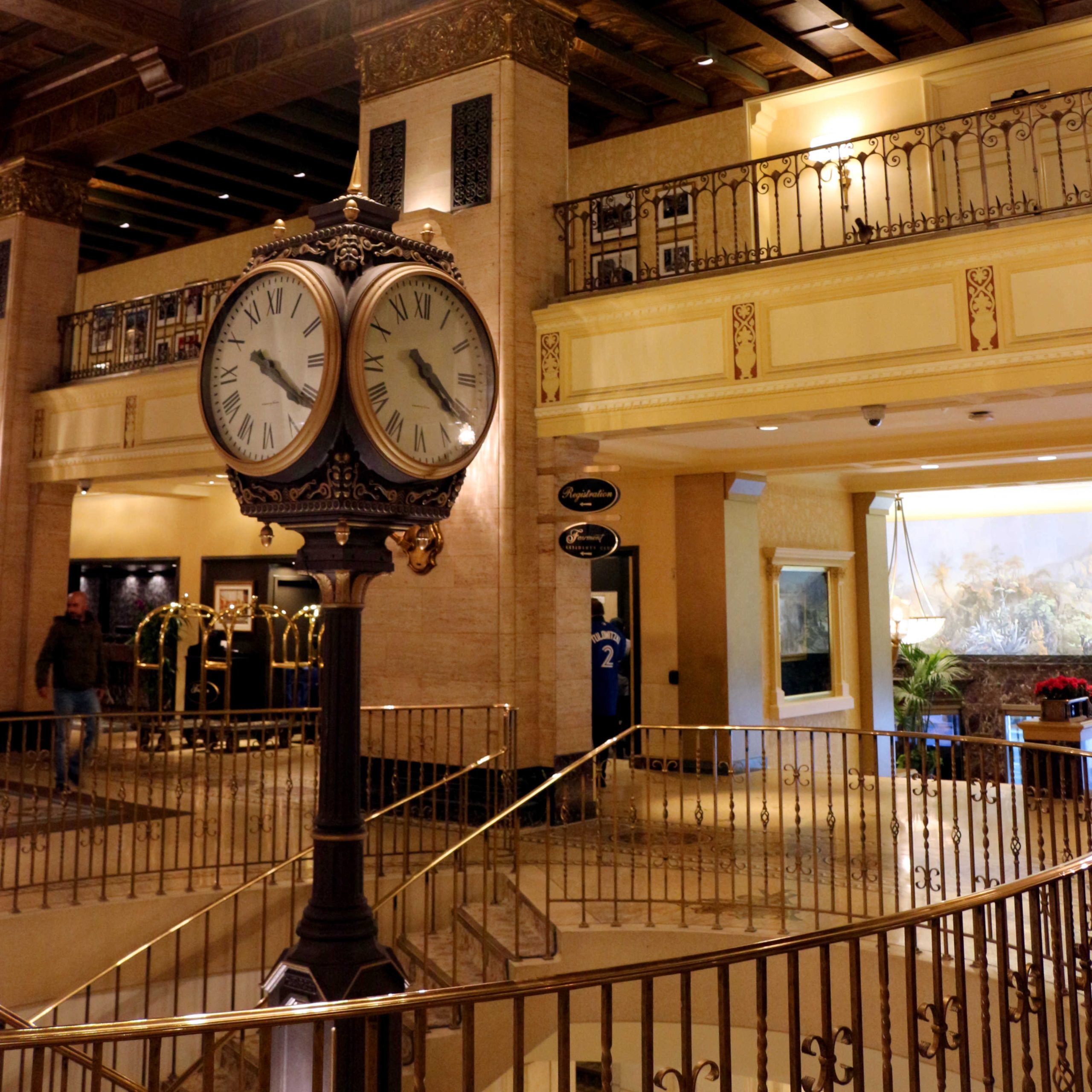Too Clever by Multiples (top image)
I am a little bit nuts and have never denied it, so I expect today’s especially elaborate (and hopefully amusing) proof of that will come as no surprise to anyone. On the other hand, I am curious in a way which is unusual enough to have made me a little bit lonely for an awfully long time. I love to search for proof that I’m wrong, and delight when I find it, where a great many, especially nowadays, seem certain that reason is designed entirely to bolster an already arrived at (and one presumes, immaculate) rightness.
I’m not trying to be a jerk here, just point out how hard it is for weirdos to be understood for what they actually mean (and I know more than one of my chums can relate to this). The thing which balances my compulsion to smash my own assumptions constantly is my absolute joy about discovery, play, learning and creation – all very much related, though the ideal mix of these varies a lot, depending on what sort of results we’re seeking.
One of the reasons I’ve always had especially strong friendships with women, is that men often take my enthusiasms as some kind of competitive assertion they must agressively answer, where women far more easily see I’m just plain excited, dying to share the joy-glow of it – no put down in sight, implied or involved!
We really do make the world we live in by how we see and interact with it – and I honestly feel bad that so many guys still deny themselves access to the fun of easy sharing, as opposed to other-defeating competitive play. Mind you, competition is great stuff where it works. I’m not against it, I’m just against failing to see it as a choice (and a matter of self-imposed limits on connection and cooperation, just as much as an advance in other-tested gains).
When I first broke free of the crazy cult/commune in which I was raised I was ravenous for new tools with which to understand. In effect, I was raised with a complete seamless cosmology, which was faithfully reflected back to me by absolutely everyone I knew, and then was shocked to discover that worldview was shared by approximately no one at all in the ‘real’ world.
I have several friends who were raised in Mormonism and in Scientology who seem to have experienced similarly upending culture shock, when first encountering their own consensus culture without the filters they were raised inside. In a way it makes you feel like an alien, exactly where everyone expects you are most easy and at home – but it’s also an important gift, because it forces you to ask a lot of questions everyone else assumes are settled answers, or worse, doesn’t even notice at all, to wonder about.
There was a whole lot of reading which helped me in this period. Idries Shah and Robert Anton Wilson were especially nutritious (and The Book of the Tao an ever astonishing wellspring), but I also have to mention the practise of yoga, which I did a bit as a kid, but took far more seriously as a teenager who wasn’t quite sure who and what he was. To this day, no single change in approach to my life has done more for my mental health – physical also, no question – but the tools it gave me to deal with my physical reactions to emotional situations were the most precious of all.
I was also reading voraciously in this period, with a special emphasis on psychology, mysticism, spirituality and paradigms which were about embracing entire ranges, rather than dissection and reductionism – (an emphasis which is perhaps the funny equivalent in western thought, to that ‘always competitive’ thinking-limitation which many might now call patriarchal.)
Now I can’t help but pull out one of the most useless references in all of history – the unique (and boy did he want you to know it) Aleister Crowley! I call him useless and invoke him anyhow, because for me personally, he dropped a few precious clues, and also did much less than his usual damage (that is, I did read his book about yoga seriously, but did not get sucked into the incantation stuff in his other books – which isn’t really anything but dangerous to a lusty and undisciplined teenage mind anyhow).
The reasons “Uncle Al” is useless as a reference are also funny. He lied about himself in a loud and public way constantly, throughout his life. His enemies and his supporters also perpetuated their own myths aplenty, he wrote books portraying himself as a scoundrel, an individualist hero and a mage. He might even be seen as the modern prototype of a truly media savvy self-inventor and self-promoter. The Alchemist Kardashian!
All that myth makes the man himself very difficult to find underneath – and mostly not worth the effort anyhow. Much like existentialism, which has an immediate hit of intellectual appeal on our first encounter with it – the maniacal devotees and obsessives we encounter as we enquire further, quickly warn us off this turf. Here be dragons!
Aside from his excellent compact book of essays on yoga, I got a few very useful simple ideas from Crowley via Wilson, one of his kindest interpreters. One was the connection between our aims and our training discipline. He insisted that if you wanted to do something genuinely challenging in your life, you ought to train yourself for high fitness and also unusual levels of mental discipline.
This outright romantic but no less productive idea not only helped me practise yoga more diligently (and thus stumble into the unexpected mental-health benefits), it also gave me a lot of courage when I was playing improvised music with guys who were decades older than me and infinitely more skillful. I trained myself for taking risk fearlessly, and that musical nerve has served me well in many places over the years, even though I feel guilty I have not given more of my time to music over those same years, to thank it better for what it keeps giving me.
The other idea I got from Crowley indirectly was summarized by one of his own silly poems.
“I place no reliance on virgin or pigeon. My method is science, my aim is religion”
I could digress and find about a hundred things wrong with his presumptions there, I’m sure you can see many yourself. But I still like the idea of not just accepting with uncritical belief, but instead testing things out experimentally as objectively as we can, to see which seem to have what particular power or potential, and which place somewhere along the pure-belief/placebo axis. But to be clear, I do not mean to invoke customary western scorn when I use the word placebo. Placebos have not only been shown to be extremely effective in many cases, even if powered by nothing but false belief – their effectiveness has been studied carefully, and is steadily increasing, year after year. Both of these insights seem useful and revealing, in that very tricky category of – what we really are – as opposed to – what we like to think we are.
I should stop to add that I remain an atheist, just as I started out – but I have had several very meaningful experiences over the decades which can not be explained by current science.
I am frequently foolish, heedless and silly, but I am definitely not the willfully self-harming kind of atheist who is so dedicated to their ego that they will discard the reverberating magic the universe offers them, just because it doesn’t happen to fit their preferred schema for rhetorical competition and sparring. To me, that pretty much defines arrogance.
Anyhow, what with meditating and doing tons of yoga, reading a lot about mysticism and conducting my own eccentric (that is, dangerously unguided, but luckily still highly productive) experiments, in which I was both observer and subject, I got the idea that I ought to be able to design an interesting experiment around the ancient traditions of divination.
This was not meant as an insult to any existing tradition on earth – quite the opposite. Rather than insult such a great tradition with my own imbecilic experimental blundering, I thought it only proper that I should draw my system from resources I was personally familiar with, and those means only. (also another chance for my deep wisdom to enter the mix, in my creative choices).
The result (after quite a bit too much thought about the whole thing) was PREDICTO – the system with which I lead this piece. We’ve got a bit of D and D influence (I’ve always got tons of dice in the house, yarrow sticks not so much), a number of ideas about knowledge classification which go back to Bacon, some (of course crude) insights about psychology, all overlaid atop a divination system based upon binary rolls to generate hexadecimal characters for further (arithmetic) transmutation, and of course the infinite mysteries of the mighty ETAOIN SHRDLU!
For the sake of whimsical hyperbole I added two dimensions more than the Buddhists’ (always wonderful) octave eight, and anyhow on a technical (game design) level, I needed to arrive at two to the tenth power, or else forgo the joys of “full F” with the hexadecimal. (dare I here invoke Hunter Thompson?) “…which would have been a fatal equivocation.” ;o)
How does PREDICTO work in practise? Let me put it this way, if you set up a tent at a fair, they would be yelling at you long before you finished the rolling and the math – every single time!
Even I don’t like it – though it still makes me laugh to consider it, which is one precious empirical value we can sometimes salvage even from the most wasteful or foolish misstep.
Still, even as a failed experiment it was very productive. Made me ask myself again more seriously (and pardon the game-design head with which I approached the question) “What exactly are the victory conditions here?”
The question I really wanted to explore with my experiment was – could I devise a personal system which helped my conscious mind access some of my deeper, much harder to access wisdom?
By the time I had the giant layer cake of complexity I called PREDICTO finished, I realized that almost everything I had added trying to give it richness and subtlety, actually just made it clunkier and less open to the almost always teasingly vague offerings of my sub and unconscious.
What I really needed for my second experiment was something dead simple, portable and nimble as could be, which still invoked some decision mechanism beyond my own personal conscious control.
Which brings me at last to the self invented Oracle which I actually do use every day, exactly once a day, and have found useful, stimulating and amusing for many years in a row now. Fun, too.

Sikorsky S 42 – photo by Robert O’Rourke (my grandfather)
The technical mechanism and schema for this approach are available to anyone who is reading this. You obviously have a computer. Somewhere on your computer there is a folder full of pictures which you like to look at for no particular reason except that they give you a particular kind of smile or lift. Within that big set of smiles, some are most special and distinct.
I use my folder full of pictures of vintage aircraft, which contains thousands of images I found once, but wasn’t sure I’d ever find again – always best to grab the reference in front of you, before it turns back into a chimera or a rumour! I run a random slideshow on this big folder, then I simply count images until I get to an exterior shot of a Sikorsky flying boat from the nineteen thirties (just before he and his company became obsessed with helicopters). When I see that classic flying boat I stop, I now have my number.
This number is my Oracle’s official answer to whatever question I posed just before the random slideshow.
Now comes the fun – interpreting the meaning of that number – a vagueness designed to allow my deeper wisdom plenty of extra chances to offer me insight, as my creative mind goes to work trying to make that number mean something both catchy and specific, with respect to my question.
Before you roll your eyes, I don’t want to sound utterly wishy-washy here, there are quite a few fixed goalposts in the system, and now and then another presents itself as retroactively obvious and is added forevermore – but we must allow that compared to all possible whole numbers in a random series, the major arcana is a very compact set indeed. ;o)
Six is Si (yes), Nine is just as clearly Nein! Three is Tri “Try”, Eight is “Harmonious” (again the lovely octave). Five is “Clearly” from radio-talk “Five by five”. Two is too (also) which makes thirty-two “Try to” and thirty-nine “Try no”. Four gets a question mark right after to make it serve as “For?” (“cui bono”, for the bookish). Eleven is “Extremely” (as in “this one goes to eleven”). And twelve cannot possibly be anything but “Doesn’t” (from dozen). I even have an equivalent to the death card in the tarot deck (with the important shared quality that it also actually means radical disruptive change, more than outright mortality) for which I could not resist adopting Robert Anton Wilson’s ever so useful (and repeatedly observed as arbitrary) twenty-three! (Or forty six, if you asked two very stupid ‘what if?’ questions at once, which I often do). ;o)
So now the challenging phase – what do I do when my Oracle gives me an answer which bothers me a lot? I ask myself if I’m just being defensive, or if I really do feel sure the answer it gave me is wrong, and then I ask why I’m sure. Which means that even when I disagree with and ultimately reject the Oracle’s latest reply, I have nevertheless done a self-doubting reference check and invited some re-thinking for one of my more emotionally loaded (that is, more illusion-prone) concerns of that particular day.
Which really is an altogether excellent exercise – a practise of leavening-whimsy also – plus, wacky old-time flying boats! How can you not giggle with glee?
(Itself a tested and proven-excellent exercise).
¯\_(ツ)_/¯









